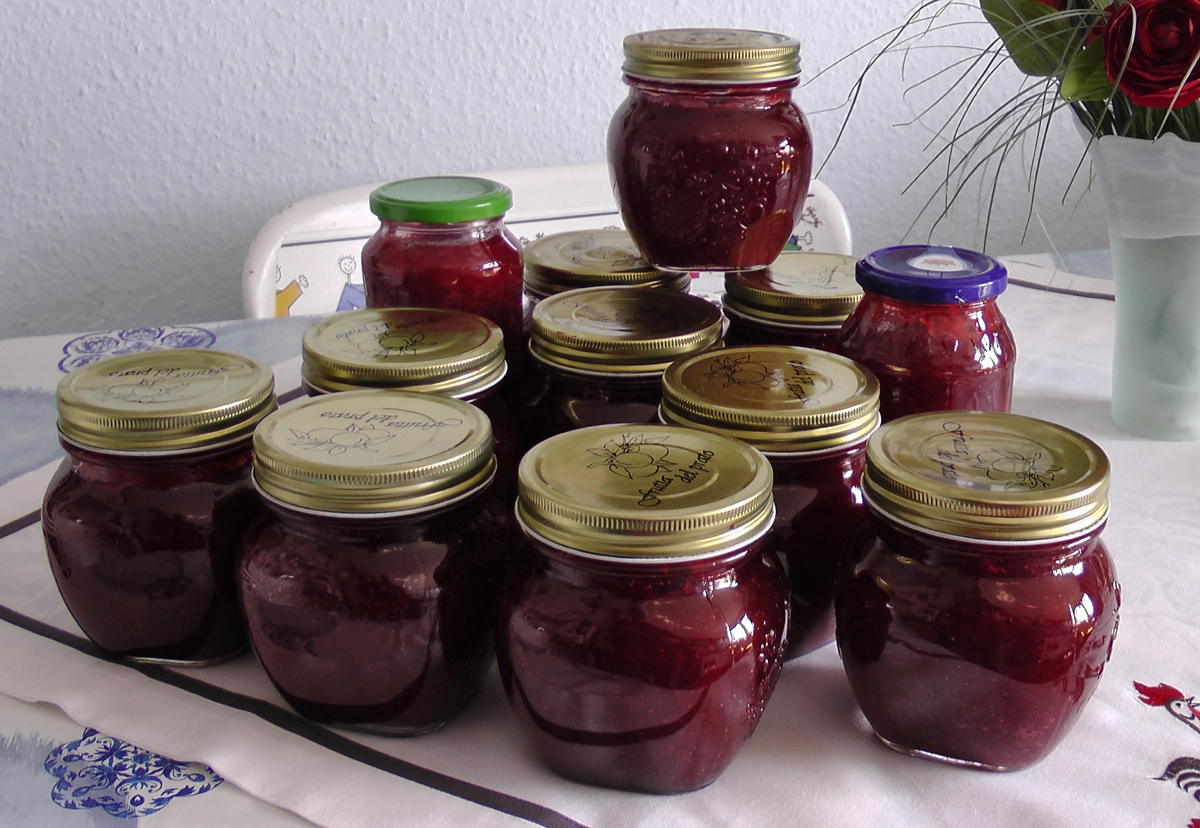


2013.įresh lemons can vary in acidity based on: “Lemon juice – bottled juice is preferred because the commercial product has a standardized pH (acidity) level.” Bernardin Guide to Home Preserving. Athens, GA: The University of Georgia, Cooperative Extension Service. Thermal Process Development to Ensure the Safety of a Home-Canned Lemon Curd Product. Fresh lemon juice can vary in acidity and is not recommended.” E. “Bottled lemon juice is used to standardize acidity. The University of Georgia Extension Service explains why: Use bottled lemon juiceīeginning home canners are usually shocked to find that so many of the tested and approved home canning recipes call for bottled lemon juice. It is used primarily to augment a food’s natural acidity.” Hertzberg, Ruth Greene, Janet Vaughan, Beatrice (). Even more of a flavor-masker than citric acid, it also adds a distinctive lemony taste to the food. Being in solution naturally, it’s about one-sixth as effective volume for volume as ascorbic acid for preventing darkening.

Average acid-strength of fresh lemons is about 5 percent (also the labeled strength of reconstituted bottled lemon juice some strains of California lemons are less strongly acidic, however). “Lemon juice contains both ascorbic and citric acids. The Putting Food By authors say this about lemon juice, What does lemon juice do in home canning recipes? Here’s a comparison in descending order of the pH of a few typical canning acids (remember, the lower the pH, the higher the acidity): Source: FDA. 7 History of the recommendation for bottled citrus juice.5 When you can use fresh lemon or lime juice.4 What bottled lemon juice swaps can you do?.3.2 Bottled lemon juice has an expiry date.2 What does lemon juice do in home canning recipes?.


 0 kommentar(er)
0 kommentar(er)
